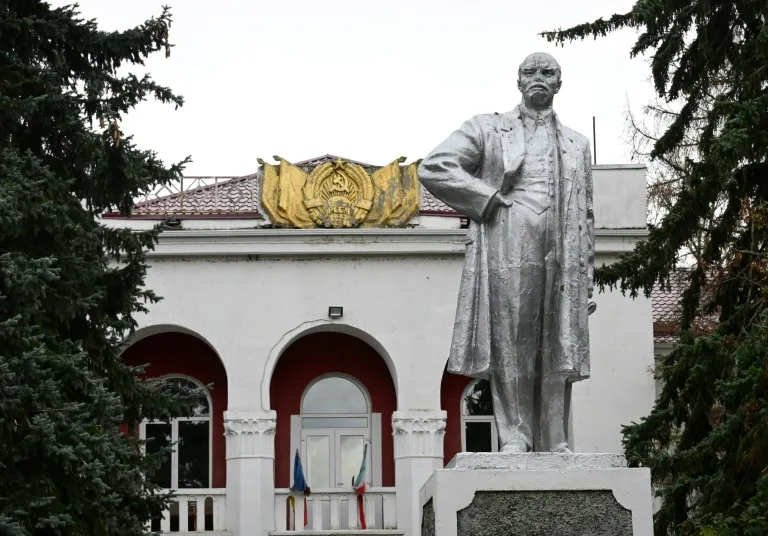Gagauzia, the Kremlin’s stroke of genius? Moscow provided Gagauz governor with its support against “the illegal actions” of the Moldovan government during a meeting near Sochi on March 6, 2024. This meeting takes place in a political context marked by the presidential elections in Moldova at the end of November, dividing the country on the question of a referendum on membership of the EU, promised by the Europeanist Maia Sandu in the event of re-election.
Summary presentation of Gagauzia, a pro-Russian Moldovan region.
With an area of 1,832 km², Gagauzia is located in the south of Moldova and the southwest of Ukraine. Comrat is the capital. Populated by around 150,000 residents, this Turkish-speaking enclave of Orthodox faith stands out. The Gagauzes are a people originating from Bulgaria and Romania, settled in Bessarabia since the beginning of the 19th century, at a period during which the Russian tsar sought to populate the southern lands of the Empire with non-indigenous populations in order to to retain and control these regions more easily, in exchange for significant advantages (exemption from military service; land donation; tax). The Russian language is officially recognized as a “language of interethnic communication”.
What are the elements explaining the current situation?
Today, strong pro-Russian sentiment persists among the Gagauz people for various reasons. Thus, the Gagauz feel historical resentment towards Romania, particularly following the abuses committed during the Second World War. This people has its own language (140,000 speakers) and most do not speak Moldovan (4% of Gagauz spoke it when Chisinau declared its independence in 1991). The fear of reunification between Chisinau and Romania motivated the Gagauz authorities in 1991 to negotiate more autonomy and negotiate a clause aimed at guaranteeing its independence in the event of reunification. Feelings towards the EU are fueled by the Russian media which feed Gagauz homes with information describing a decadent West. Following the condemnation of Russian aggression in Ukraine by the Moldovan government, the Kremlin made its local relays work by organizing demonstrations, the Gagauz falling into this pattern.
Beyond these factors, Gagauzia borders Ukraine and has received refugees, despite widely shared pro-Russian sentiment. The population is mainly rural (60%), based on the export of its agricultural products (tobacco, wine) to Russia, the EU boycotting this hostile enclave towards it. The population is sensitive to the rise in electricity and gas prices caused by the war and is turning to Moscow to cope. As for the ruling class, the vast majority are Russophiles and Russian speakers, echoing the Kremlin’s narrative. This is the case of the current governor Evgenia Gutul, elected in July 2023 and from the Șor Party, a Russophile nationalist from Moldova. This is the case of the current governor Evgenia Gutul, elected in July 2023 and from the Șor Party, Russophile nationalist from Moldova. There is a nostalgia among Gagauz for the Soviet era, characterized by full employment and subsidized resources, which influences their political orientations. The political climate in Gagauz is punctuated by the desire for rapprochement with Russia, in terms of traditional values, but also the departure of many young people to Russia, due to the lack of economic opportunities.
Vous devez souscrire à un abonnement EurasiaPeace pour avoir accès au contenu - Prendre votre abonnement






